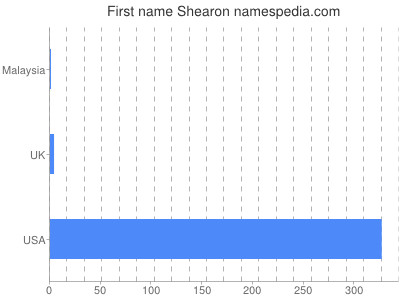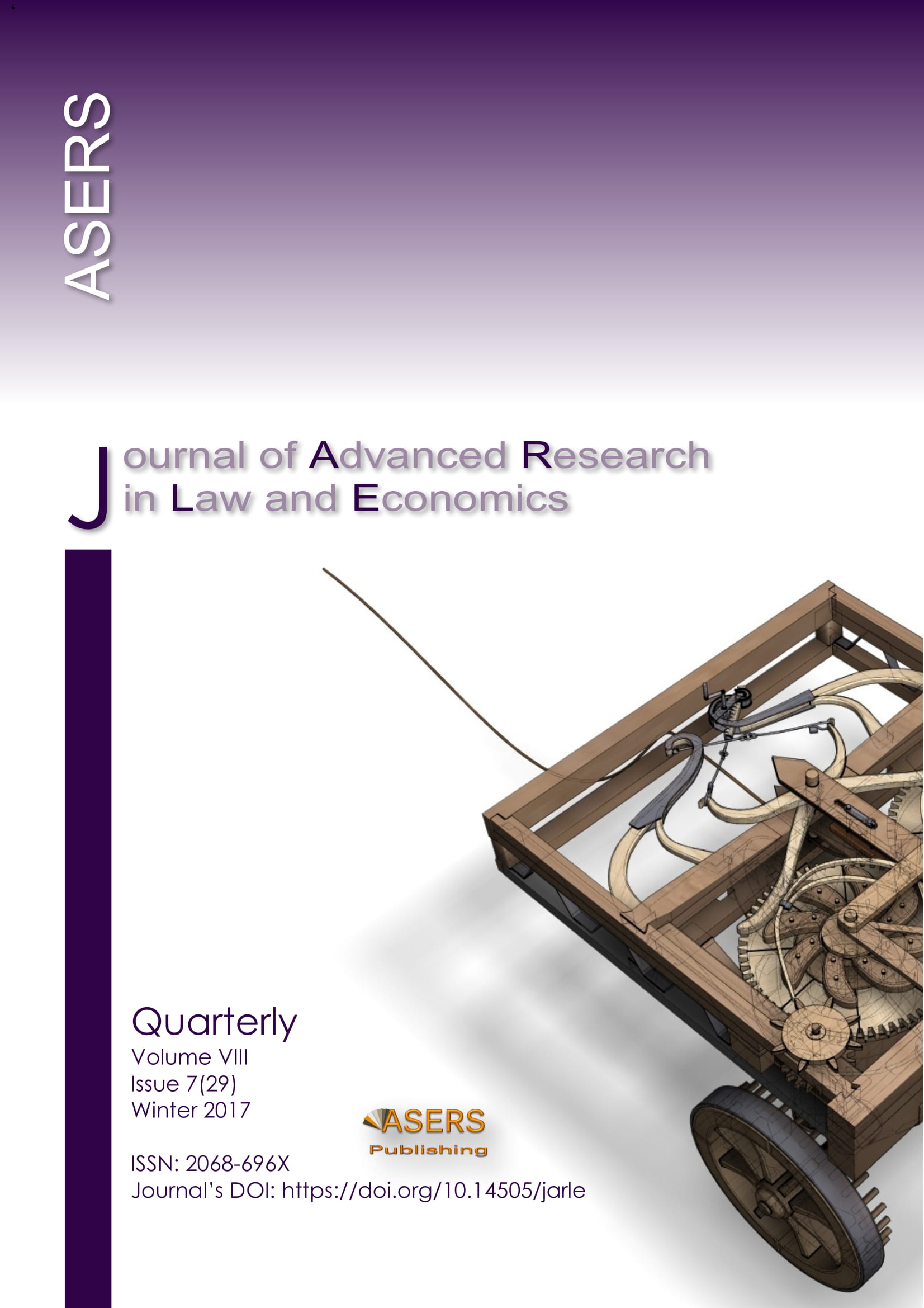

This authentication occurs automatically, and it is not possible to sign out of an IP authenticated account.Ĭhoose this option to get remote access when outside your institution. Typically, access is provided across an institutional network to a range of IP addresses. If you are a member of an institution with an active account, you may be able to access content in one of the following ways:

Get help with access Institutional accessĪccess to content on Oxford Academic is often provided through institutional subscriptions and purchases. Both theoretical and policy implications of these findings are discussed In fact, the transition from drunktank to detox-center processing has been accompanied by a four-fold increase in recidivism, and only a small proportion of detox clients are accepting referral to treatment programs. We find that many of the intentions of the Act seem to have been realized: (1) basically the same “clientele” that used to be processed through “the drunk tank” is now being processed through the public detoxification center, and (2) this clientele continues to be predominantly of the “skidroad” type (3) the clientele is being handled primarily by civilian patrols, rather than by the police, although (4) the overall level of social control activity on skidroad, from both sources, remains about the same, a finding consistent with the Durkheim-Erikson “constancy dictum.” However, the most important expectation of the new Act, a decline in the classical “revolving door” pattern, is not being realized.

We draw upon both police records and public detoxification treatment records in a before-and-after study of the impact of the adoption of the new Act in the Seattle area. a criminal approach to the social control of public drunkenness. It also raises policy questions about the differential efficacy of a medical vs. Because the Act is partly a move toward official medicalization and decriminalization of public drunkenness, it raises a theoretical question about the applicability of the “sick role” to public inebriates. The widespread adoption of the Uniform Alcoholism and Intoxication Treatment Act raises important questions of theory and of policy.


 0 kommentar(er)
0 kommentar(er)
